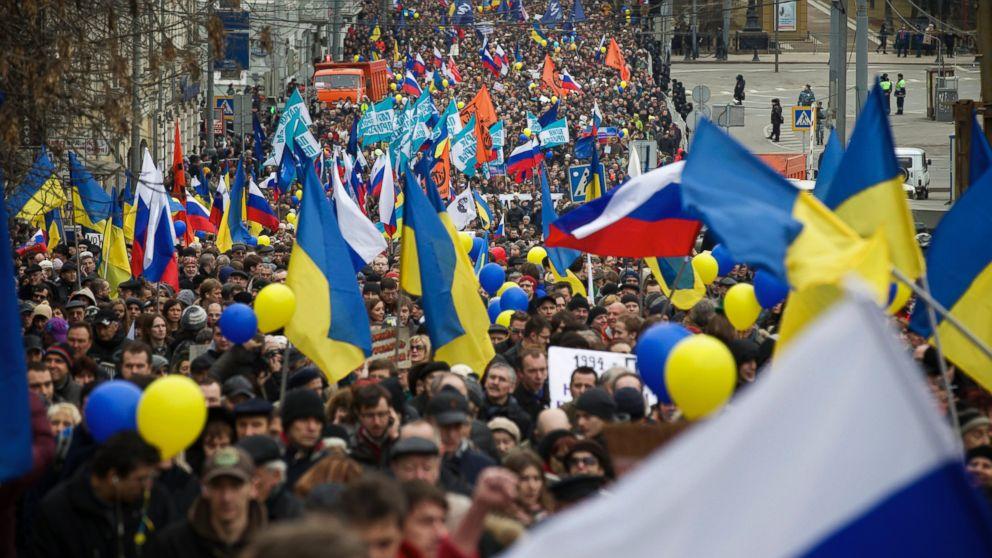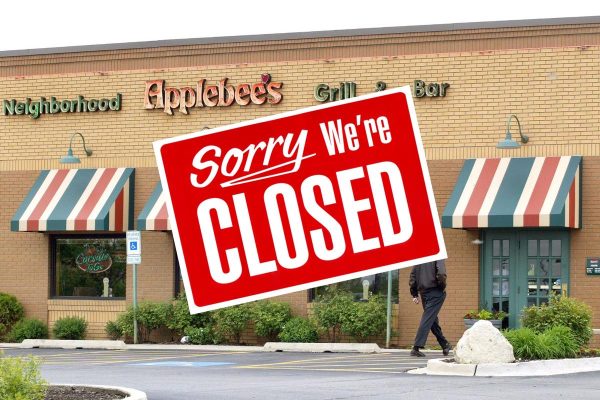Ukraine and Russia: Small Conflict May Lead to Larger Problems
Due to a series of violent protests spanning months on end, Ukrainian President Viktor Yanukovych is ousted by his countrymen and flees the country. The region of Crimea votes to join the Russian Federation.
Being called the “biggest crisis in Europe of the 21st century” from British Foreign Secretary William Hague, the problems surrounding Ukraine have escalated to a crisis point.
These problems began back in November of 2013, when the Ukrainian government announced that it was abandoning its agreement to strengthen the already feeble ties with the European Union. According to Ukrainian President Viktor Yanukovych, the reason for this surprising and notorious decision was conceived in order to create and hold stronger ties with Ukraine’s neighbor and former owner, Russia.
This decision by the already unpopular Ukrainian President upset thousands of Ukrainian citizens who took to the streets in an attempt to protest the decision. Many of these protesters were thrown in jail, tortured, and beaten by pro-government activists. After months of non-stop protests, many concerned Ukrainian citizens began to lose hope when they saw no willingness from President Yanukovych to compromise.
Eventually, the height of activity in Ukraine exploded into a much more violent and bloody situation. In February of 2014, protesters in Ukraine’s capital city, Kiev, were shot by government forces. Over 82 protesters were killed. As a result of this atrocious act, the Ukrainian Parliament agreed to replace President Yanukovych with another candidate.
Soon, an arrest warrant was issued to Yanukovych by Ukraine’s interim president, Oleksandr Turchinov. Yanukovych fled Ukraine and escaped to Russia to avoid being arrested. Following the fleeing of President Yanukovych, many pro-Russian citizens in the region of Crimea demonstrated in the streets because of their desire to secede from Ukraine.
Crimea is a region of southern Ukraine on the north shore of the Black Sea, which borders both Ukraine and Russia. Although being nominally autonomous and comprised of mostly of an ethnic Russian population (roughly 60%), Crimea is still part of Ukraine and under the federal constitution of Ukraine. Therefore, Crimea has no right to secede.
Many protests and riots began to break out in Crimea. Local militias comprised of pro-Russian nationals captured Ukrainian military bases in the region as well as Crimea’s parliament building, effectively cutting off Crimea from the rest of Ukraine.
The current elected pro-Russian officials in Crimea announced a referendum to secede from Ukraine and was backed publicly by Russian President Vladimir Putin. Putin believes that Ukraine and many other nations of Eastern Europe should belong under Russian control as they were during the times of the old Soviet Union which dissolved in 1991. Following its dissolution, many countries such as Poland, Germany, Latvia, and Ukraine were finally freed and became independent democracies. Putin wishes to have these nations again once under Russian control, which could potentially instigate war with Europe and the United States. Since the referendum was announced by the Crimean government, the U.S and European Union have declared it a violation of international law for Crimea to try and secede from Ukraine.
The situation intensified on March 20th when Russia ratified a treaty to make Crimea a part of the Russian Federation despite numerous threats from the U.S. and Europe. Russia has also sent approximately 30,000 troops to assist the Crimean government. No violent clashes have occurred yet between Ukrainian and Crimean forces but may occur in the near future.
The U.S. has pledged its alliance to Ukraine should any clashes occur between Ukraine and Russia/Crimea.
With Crimea’s future undetermined, only time will tell whether Ukraine will once again be unified or will remain divided amongst itself.
The dawn of a new war may be looming just right above the horizon.











